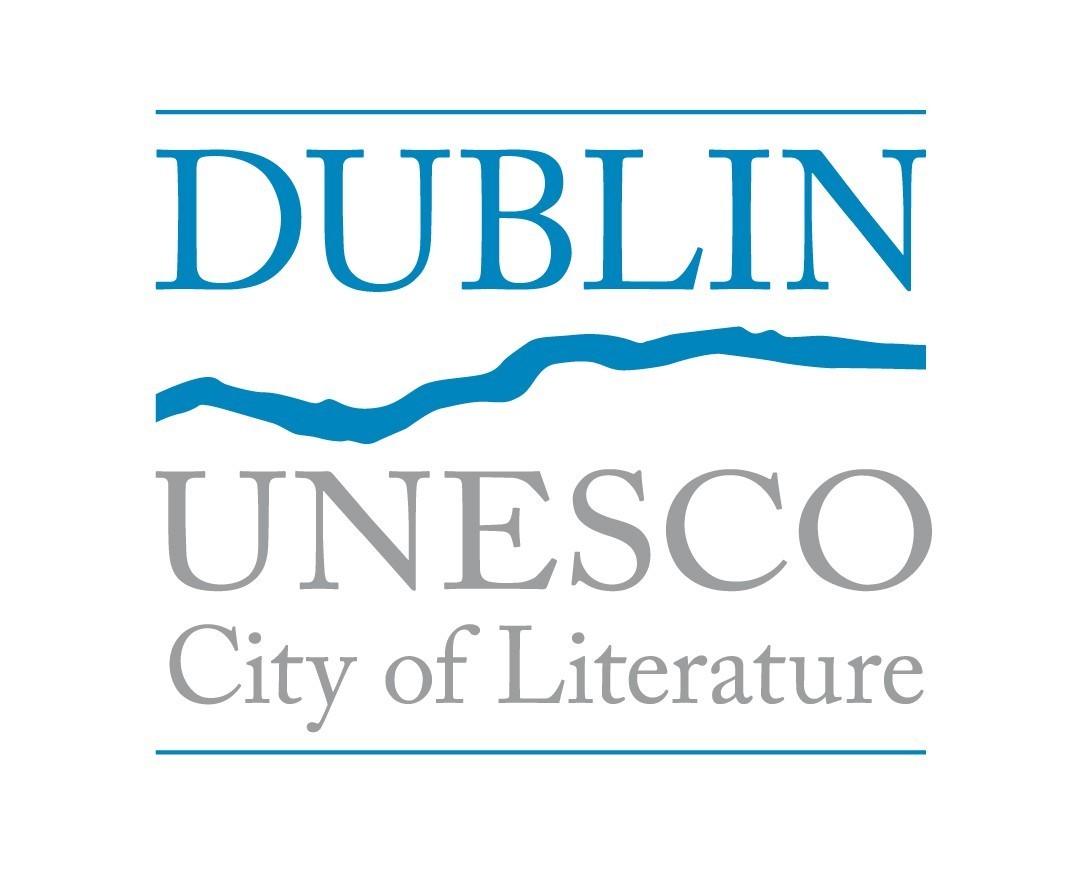G. B. SHAW: BACK IN TOWN
Dublin: May 29th - June 1st, 2012
University College Dublin
Co-sponsored by UCD Humanities Institute
&
The International Shaw Society
President Michael D. Higgins opened the event

This conference was focused on Shaw’s return to Dublin, so to speak, to revisit his Irish identity, and papers discussing his Irish qualities, inter-relationships with other notable Irish figures , and his contributions to Ireland and Irishness will be presented, along with testimony to his stature in and influence on world drama among other topics.
Dubliner Bernard Shaw was a personal friend of a long list of Irish writers, the most important of whom were Oscar Wilde, W.B. Yeats, Augusta Gregory, George Russell ("AE"), and Sean O'Casey. With his Irish wife, Charlotte Payne-Townshend, they sought to encourage younger Irish writers, particularly playwrights, including Norreys Connell ("Conal O'Riordan"), James Hannay ("George Birmingham"), Lennox Robinson, St. John Ervine, and Dennis Johnston. Shaw was closely involved with the Abbey Theatre through Yeats and Gregory right from 1904 through the late 1920s; he was president of the Irish Academy of Letters during the 1930s. Through his friendship with Horace Plunkett, the founder of the Irish Co-Operative movement, Shaw worked hard behind the scenes during the 1917 Irish Convention to produce a constitutional basis for an independent Ireland. Also through Plunkett and A.E. he was a major supporter (both in terms of writing and finance) of the major cultural journal in the new Irish Free State during the 1920s, the Irish Statesman. He supported James Connolly and the Dublin workers during the 1913 Dublin Lock-Out; he worked for the defense of Roger Casement in 1916; he met Michael Collins; he corresponded with Eamon de Valera (about establishing an Irish film industry in the 1940s among other matters). And he left one third of his fortune to The National Gallery of Ireland.